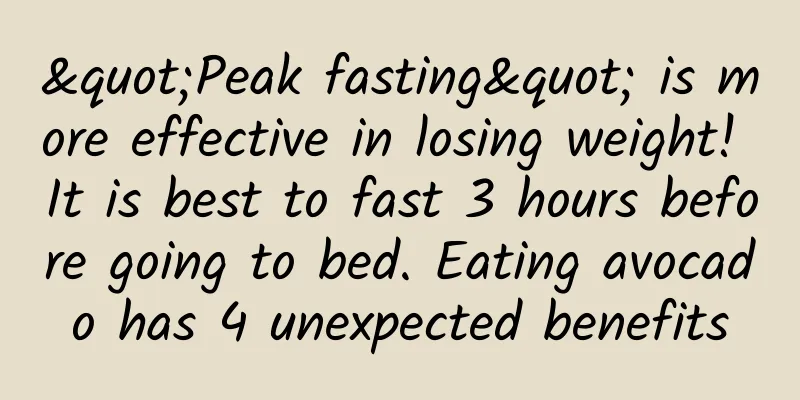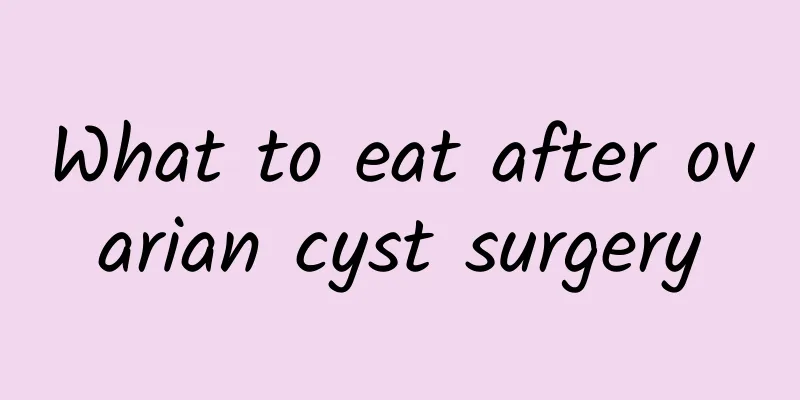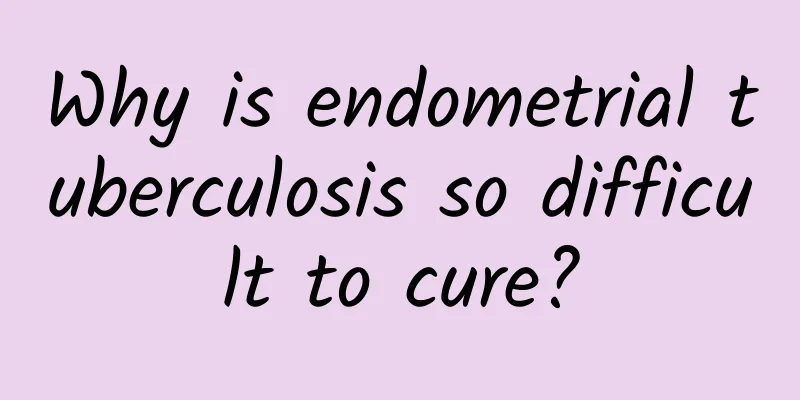"Peak fasting" is more effective in losing weight! It is best to fast 3 hours before going to bed. Eating avocado has 4 unexpected benefits

|
I believe many people have had this experience when trying to lose weight. If you just diet excessively, after a period of time, your weight will get stuck at a certain number and you can no longer lose it. A well-known American medical doctor recommends a special type of intermittent fasting called "peak fasting". As long as you do some of the right methods, you can train your body to burn fat as a basic fuel source. You only need to limit your calorie intake on fasting days, and you can eat normally at other times. "High-speed fasting" is flexible and is recommended to be implemented 5 days a week What is "High-Front Fasting"? Joseph Mercola, a well-known American medical doctor, stated in his book "Keto Fights Cancer: A Breakthrough in Health Concepts that Starves Cancer Cells, Prevents Dementia, and Fights Major Diseases" that peak fasting is recommended to be implemented 5 days a week, and its procedure is quite simple and flexible. The key is to limit eating to a 6- to 11-hour window each day. So you will have to avoid eating for 13 to 18 hours a day. The easiest way to perform a peak fast is to not eat at least 3 hours before bedtime, and then wait at least 13 hours between your first meal of the next day and your last meal the night before. It’s worth noting that if you’ve trained your body to burn fat as its primary fuel, you only need to intermittently fast for 13 hours to reap the benefits. But if you are still burning carbohydrates as your primary fuel, you may need to fast for closer to 18 hours to benefit. Going 13 to 18 hours a day without eating may seem like a long time, but once you switch to burning fat as your primary fuel source, you won't experience the hunger pangs you once did. Another advantage of peak fasting is that you will not feel energy deficient for several hours because fat will continue to provide you with a source of fuel. This is the opposite of glucose, which triggers spikes in blood sugar and insulin levels, more frequent hunger, and a rapid decrease in energy, all of which cue you to eat more high-carb foods. The easiest way to perform a peak fast is to not eat for at least 3 hours before bedtime, and then wait at least 13 hours between your first meal of the next day and your last meal the night before. There are some tips for the transition period of "high-vegetarian fasting". Diabetic patients should not try it rashly. Tips for transitioning to high-fasting: If going 13 hours or more without food is difficult for you, try adding 1 to 2 teaspoons of coconut oil or MCT oil to a cup of coffee or tea. These fats will drive away hunger without causing a spike in blood sugar, helping to prolong the fasting period while reducing hunger. However, if you have diabetes, it is not recommended for diabetic patients to do this rashly to avoid hypoglycemia that is harmful to their health. If you have reached your weight loss goal, you should still maintain a healthy diet. Avoiding eating 3 hours before bedtime has many benefits Regardless of which type of fasting you choose, or if you choose not to fast at all, you should still stop eating at least three hours before bedtime. There are many reasons why stopping eating 3 hours before bedtime can have health benefits: •When you sleep, your energy needs are at their lowest, and providing too much fuel at this time can lead to an overproduction of damaging free radicals. •Sleeping is the time when your body detoxifies and repairs itself, and if food needs to be digested during this time, it will affect these important processes. • Nighttime is when the body uses ketone bodies for energy, and because stored glycogen is generally used up within 18 hours (13 hours if you’re on a low-carb diet), eating too close to bedtime will replenish your glycogen stores and prevent the body from burning fat for fuel all night long. •Not eating at least 3 hours before bedtime can extend your daily fasting time and make peak fasting an easy lifestyle activity. Eating avocados has 4 major benefits and helps with weight loss. [Avocado is rich in nutrients and helps lose weight] Joseph Mercola recommends a healthy food that he likes to eat, which is avocado. He said that avocado is one of the healthiest foods and he eats 1 to 3 avocados almost every day. They're healthy monounsaturated fat, a type of fat that the body burns easily for energy—and an excellent source of vitamins and antioxidants. This super fruit has many other benefits: 1. Reduce hunger and help lose weight: According to a study published in Nutrition Journal, people who ate half an avocado with lunch reported a 40% decrease in hunger three hours after lunch and a 28% decrease in hunger five hours after lunch, compared to those who did not eat an avocado for lunch. The study also found that avocados can help regulate blood sugar. 2. Rich nutrition and promote health: Avocados provide nearly 20 nutrients essential for promoting health, including potassium, vitamin E, B vitamins and folate. Potassium has a significant impact on heart function, bone health, digestion and muscle function, and is necessary for the proper function of all cells, tissues and organs in the body. Although we can get potassium from many foods, only 2% of American adults meet the recommended daily amount. This fact is troubling because potassium can offset the hypertensive effects of sodium. Once the sodium-potassium ratio in the body is out of balance, it will not only cause high blood pressure but also lead to other diseases, including heart disease and stroke. About two and a half avocados provide the recommended daily amount of potassium, about 4,700 mg. Additionally, an average avocado contains 40 mg of magnesium, which is about 10 percent of the recommended daily intake. Magnesium is another mineral that is important in balance with calcium. If you suffer from unexplained tiredness or weakness, an abnormal heart rhythm, or even muscle cramps and eye twitches, low magnesium levels may be the cause. Even better, avocados are one of the few foods rich in both vitamins C and E5, and they’re also high in fiber, with half an avocado providing about 4.6 grams. So, when you eat avocados, you are actually providing your body with a comprehensive set of nutrients. Avocados are high in healthy fats, which help your body absorb fat-soluble nutrients from other foods. It has even been found to fight acute myeloid leukemia. 3. Improve nutrient absorption: Because avocados are high in healthy fats, they help your body absorb fat-soluble nutrients from other foods. A study published in The Journal of Nutrition found that consuming a whole fresh avocado with orange-colored tomato sauce or raw carrots can significantly increase the absorption of carotenoids and convert them into the active form of vitamin A. 4. Fights Cancer: The fat content in avocados has been found to protect against acute myeloid leukemia, a particularly rare and deadly form of cancer. The fat in avocados can destroy leukemia stem cells while sparing healthy cells. Avocados are also rich in carotenoids, with the highest concentrations found in the dark green flesh near the skin. |
Recommend
Sleep well and get enough sleep to lose 300 calories a day
People often say, "I get fat because I sleep...
How can women avoid adnexitis?
How to prevent adnexitis? In the early stage of a...
What are the early symptoms of uterine fibroids?
The various phenomena of uterine fibroids are als...
What is physical therapy for female cervical erosion? What patients with cervical erosion need to know
Cervical erosion, known as the "beauty kille...
Key points for daily care of patients with amenorrhea
If a woman experiences amenorrhea, she should not...
What are the symptoms of pelvic peritonitis?
Pelvic peritonitis is one of the most common infl...
What happens when a girl gets angry during her period? Causes irregular menstruation
If a girl gets angry during her period, it will d...
The first battle to protect your stomach! Take good care of your stomach and intestines with three types of nutrients
Modern people have high work pressure, tight pace...
What are the dangers of medical abortion? There are 5 major dangers
Medical abortion is a commonly used method to dea...
What should I do if I have uterine fibroids during pregnancy? How should I treat uterine fibroids during pregnancy?
Pregnancy: To see whether the fibroids grow large...
Lose weight easily in the Year of the Monkey! 5 kinds of weight loss fruits to eat in rotation
To welcome the New Year joyfully, delicious food ...
What medicine can cure endometritis and pelvic inflammatory disease faster?
Endometritis and pelvic inflammatory disease usua...
Can I be discharged from the hospital if my ectopic pregnancy drops to 300?
It is usually not recommended to be discharged fr...
How to completely treat endometrial tuberculosis
As our living standards continue to improve, our ...
Is it useful to eat brown sugar and rice wine for dysmenorrhea?
Eating brown sugar and rice wine during dysmenorr...









